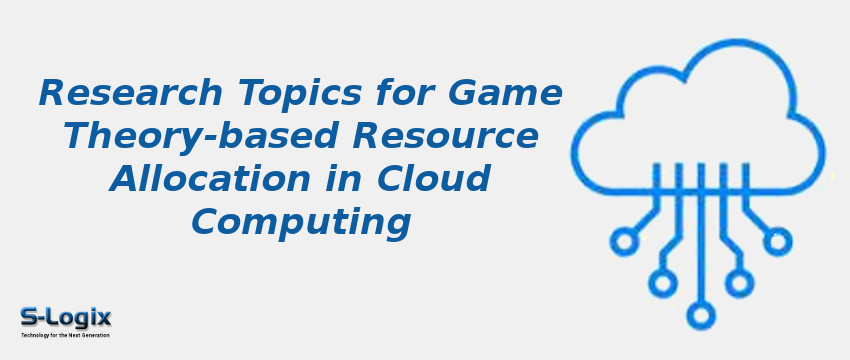Research on Game Theory-based Resource Allocation in Cloud Computing focuses on leveraging strategic decision-making models to efficiently distribute computational, storage, and network resources among competing users and applications. This area applies game-theoretic frameworks to optimize performance, cost, energy efficiency, and fairness in multi-tenant and multi-cloud environments. Key research directions include designing non-cooperative and cooperative game models for resource allocation, auction-based and pricing strategies for dynamic resource sharing, and Stackelberg games for hierarchical decision-making between cloud providers and consumers. Other emerging topics involve evolutionary and repeated games for adaptive allocation under dynamic workloads, incentive-compatible mechanisms to encourage truthful reporting of resource demands, and Nash equilibrium-based models for stable and efficient resource distribution. Additionally, integrating machine learning with game theory for predictive and autonomous resource management, applying multi-objective optimization to balance cost, performance, and energy consumption, and extending game-theoretic approaches to edge and federated cloud environments are significant areas of ongoing research.
